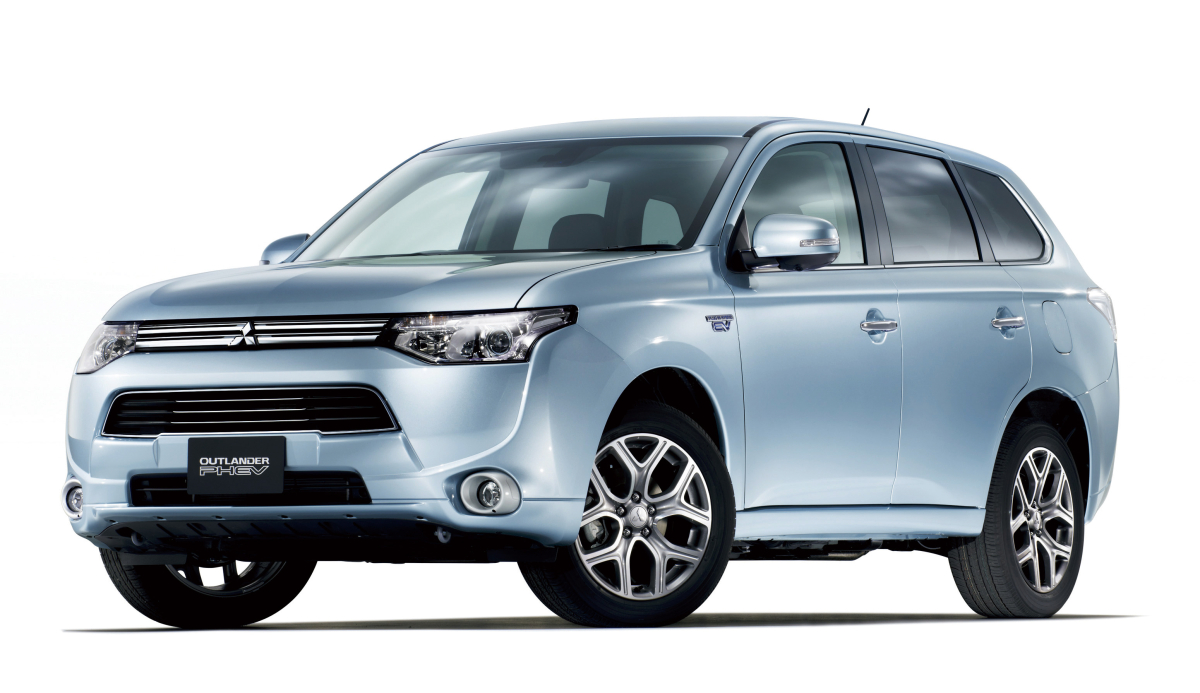Mitsubishi’s plans to introduce a the Outlander, a plug-in hybrid, into the American market have been delayed. The reason for the delay is a request from the United States government that they equip the battery with a form of monitor that will let the driver know about the status of the battery. This change will cause them to delay the Outlander’s release to the end of 2015 or the beginning of 2016, which will likely hurt Mitsubishi’s plans to double global sales.

However, it is possible that the delay won’t be as bad as it seems for Mitsubishi. They already released the Outlander in other countries around the world. They had trouble with the battery and were forced to recall it, causing the car to loose a lot of the excitement around it, and hurting its reputation. It is possible that the delayed entry into American markets could be beneficial in the long run, since Mitsubishi will be able to fine tune all the problems that could possibly arise, and make people’s experiences with the car much more positive.
This reminds me of our talks about autonomous vehicles at University of Michigan Transportation Institute. They said that almost all companies have the technology to release an autonomous vehicle almost immediately (the same applies to electric), but they are worried about the consequences of releasing it too soon and having something go wrong. It seems that many companies prefer to wait to introduce revolutionary advancements in order to try to perfect them, and insure that they get all the positive attention they deserve.
Source: Automotive News May 15th 2014
I think the recall/delay of the launch of the outlander is pretty detrimental to Mitsubishi, a car company that is extremely small/insignificant needs to be perfect in their production. If they plan to double in size they can’t wait their limited amount of capital on making changes to the Outlander.
Peter is right. The Outlander has a lot of potential to get Mitsubishi a spot back in the US market and a delay in production is not a good thing. In reference to both battery powered cars and automated vehicles, it is very important that the OEM’s make sure that the research is conclusive before they roll cars out for the public.
Mitsubishi doesn’t really have a choice here. They were told of new requirements relatively recently, so taking a little more time is inevitable.
In regard to companies holding back newer technology to ensure perfection, it may sometimes be better to release the technology as soon as it is available. One reason for this tactic would be for marketing. When a car company is the first to release a new kind of car, it makes it seem to the public that that company is the original innovator of that technology and they are the most experienced in that field. As the technology continues to improve, consumers will look to stick with the original manufacturer. This tactic is a very risky, but if performed correctly it can have major benefits. For example, if the company takes too long to reveal the perfect model, the public will lose faith in them.
Maybe I’m missing something but it seems rather important to me to know the status of your battery if its an electric or at least hybrid car. I’m not 100% sure that I’m thinking about the same kind of monitor that they are but I don’t really see how your vehicle could not have one?
Engineers like to take users out of the loop, and give systems control. The article however provides too few details to know.
Isn’t it still too soon for plug-ins? Gas prices aren’t that high, the fuel savings don’t justify the cost. This is a bet-the-firm type product, at least in developed country markets, and my sense is they will lose that bet. See previous posts / comments on MMC, including a link to a blog post on Autos and Economics that I did after spending a couple hours on financial statements.
They might lose, but they’re not impossible odds. Betting on some new middle eastern conflict, or the US getting involved in another major oil producer, or a natural disaster causes a major interruption in supply chains isn’t completely ridiculous when faced with the thought of having to withdraw from the US market.
I agree with Kade and will add that technology improves iteratively. Each software update fixes bugs and makes it slightly better. Releasing sooner gives you more cycles for improvement.